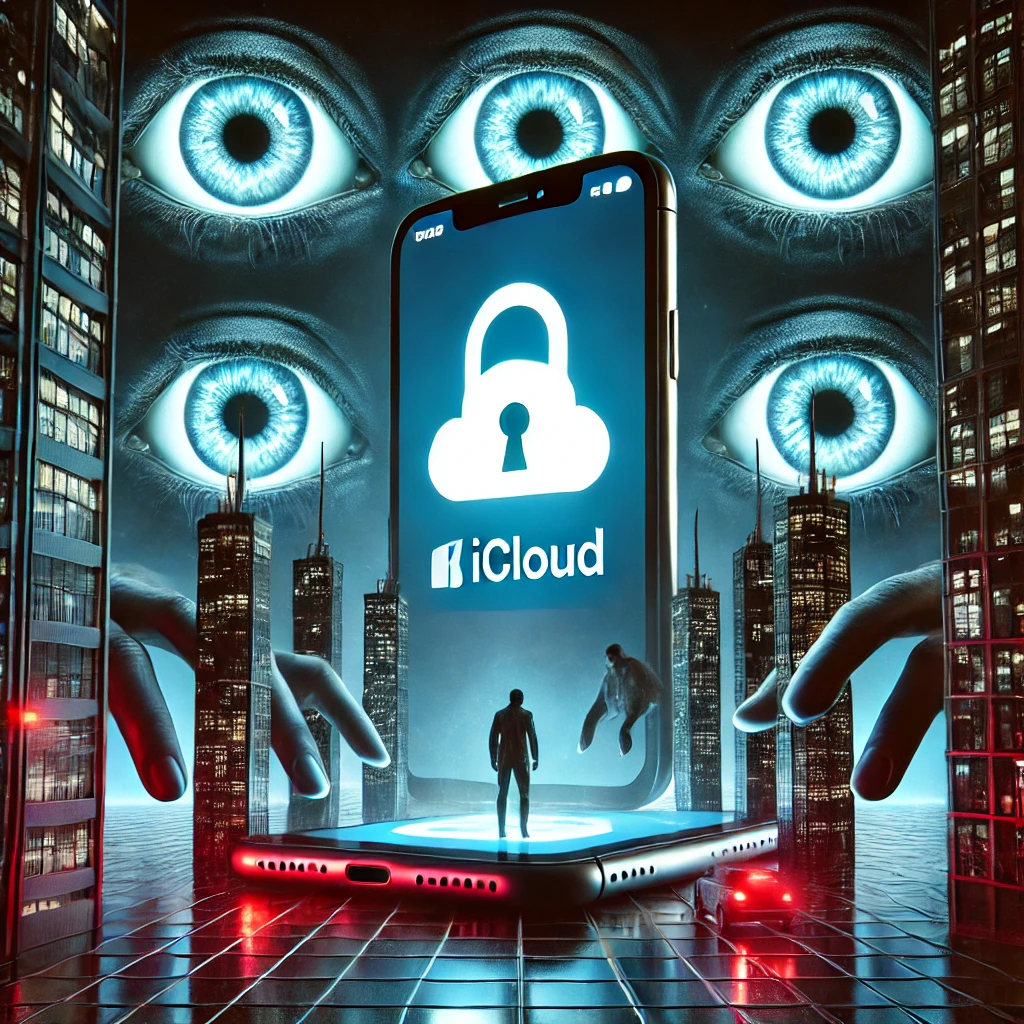
In a significant development, the UK government has reportedly issued a secret order to Apple, compelling the tech giant to create a backdoor into its encrypted iCloud services. This directive, rooted in the Investigatory Powers Act 2016 (IPA), mandates that Apple provide access to users’ encrypted data within the UK and globally. The order, known as a “technical capability notice,” requires companies to assist law enforcement and security agencies in accessing data, even if it is end-to-end encrypted.
Apple’s Advanced Data Protection (ADP) feature offers end-to-end encryption for iCloud backups, ensuring only users can access their data. With this encryption, not even Apple can decrypt the stored information. The UK’s demand challenges this security measure, potentially forcing Apple to compromise its global security standards. In response, Apple is reportedly considering discontinuing its ADP service in the UK to maintain its commitment to user privacy worldwide.
The UK’s stance on encryption has been controversial for years. Authorities argue that encryption can hinder efforts to combat serious crimes, including terrorism and child exploitation. However, privacy advocates and tech companies warn that creating backdoors compromises user security and sets a dangerous precedent. They caution that malicious actors could exploit such measures and lead other countries to demand similar access, undermining global cybersecurity.
The Investigatory Powers Act 2016, often referred to as the “Snoopers’ Charter,” grants the UK government extensive surveillance capabilities. It allows for the interception of communications and the collection of bulk data, among other things. The act has been criticised for its potential to infringe on individual privacy rights and for the broad scope of its provisions.
Apple has consistently emphasised its dedication to user privacy and security. The company has previously stated that it has never created a backdoor or master key to any of its products or services nor allowed any government direct access to its servers. Apple’s potential withdrawal of certain services from the UK underscores the tension between governmental demands and tech companies’ commitments to user privacy.
This situation highlights the global debate over encryption, privacy, and security. As governments seek greater access to data for security purposes, tech companies and privacy advocates continue to raise concerns about the implications for individual rights and global cybersecurity. The outcome of this dispute between Apple and the UK government could have far-reaching consequences for the future of digital privacy and security.



